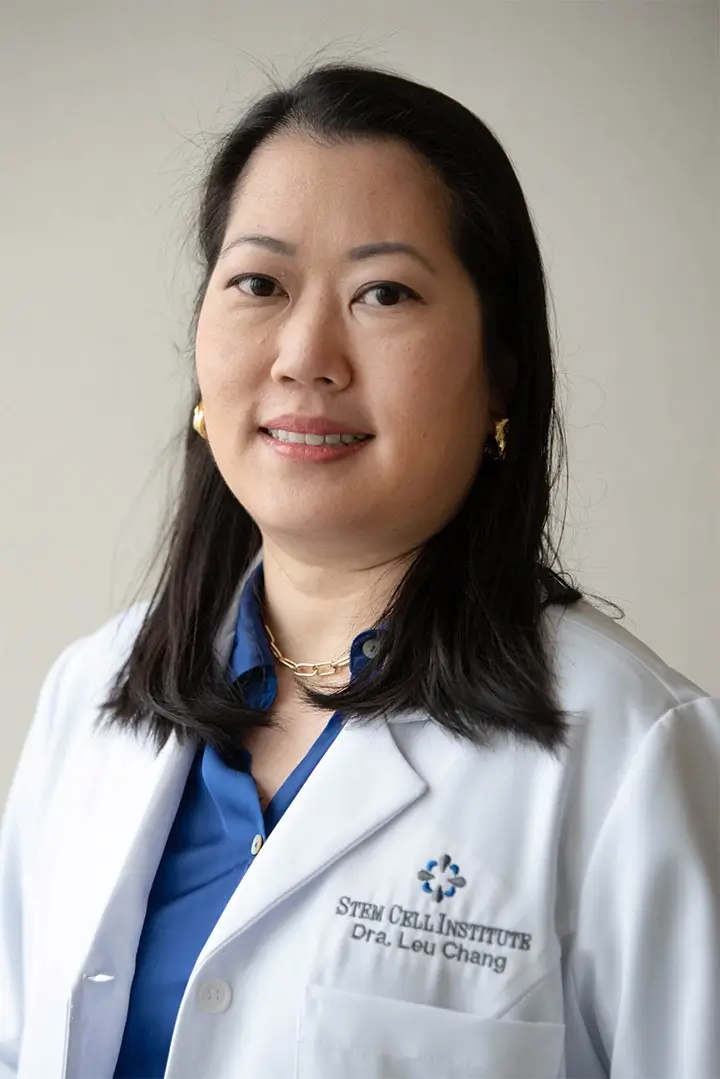Recent headlines have announced the news that ordinary adult non-stem cells were reprogrammed back into a more primitive state in which they resemble embryonic stem cells through a process known as de-differentiation (the reversal of a cell from a differentiated, specialized state to a non-differentiated, non-specialized state.) However, the specific molecular and cellular events that are involved in this cellular reprogramming have previously remained unknown. Now researchers at the Harvard Stem Cell Institute (HSCI) and the Massachusetts General Hospital (MGH) have been able to identify these events using cellular markers.
Previous work by other researchers involved adult mouse skin cells which were transformed into “induced pluripotent stem” (iPS) cells after being treated with 4 reprogramming factors, one of which was an oncogene (a gene that causes cancer) which was administered by retroviruses that act as “vectors” which deliver the gene into the target cells. Oncogenes and retroviruses are not applicable in human treatment, however, so the question remained as to whether or not the work could be translatable to human therapies.
Dr. Konrad Hochedlinger, one of the leaders of the current study, is assistant professor in Harvard’s new Department of Stem Cell and Regenerative Biology, and a recipient of the NIH Director’s New Innovator Award. He and his colleagues have now identified specific cell surface markers that are switched on and off at specific stages, thereby regulating the reprogramming of the cells. Dr. Doug Melton, who is Co-Director of the HSCI, described the discovery as, “an important first step in finding ways to create pluripotent stem cells from adult cells without the need for viruses or oncogenes.” In the future, it might be possible to use such cellular mechanisms to reprogram most types of adult non-stem cells, not only mature skin cells, into earlier cells which behave as pluripotent stem cells.

